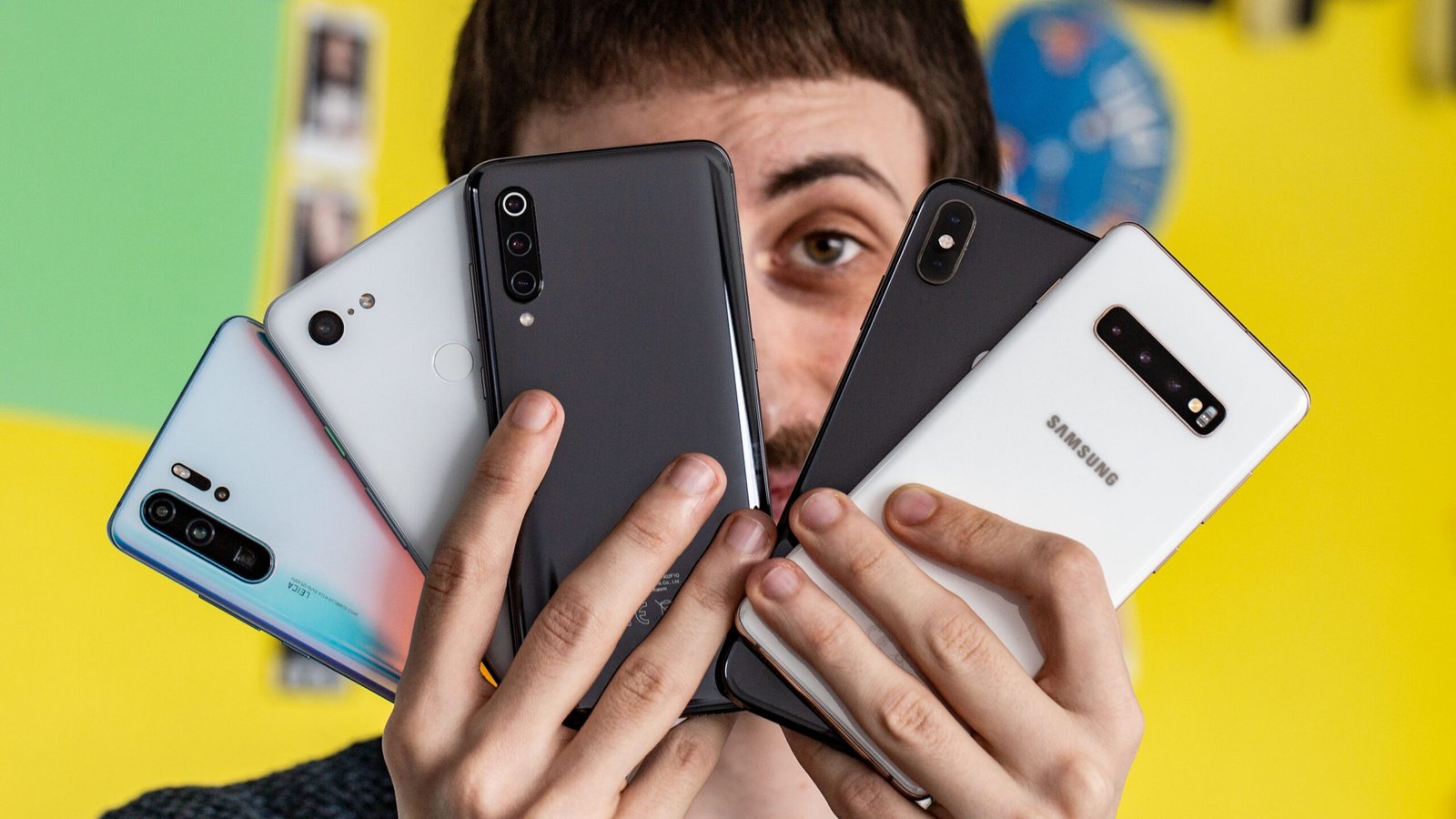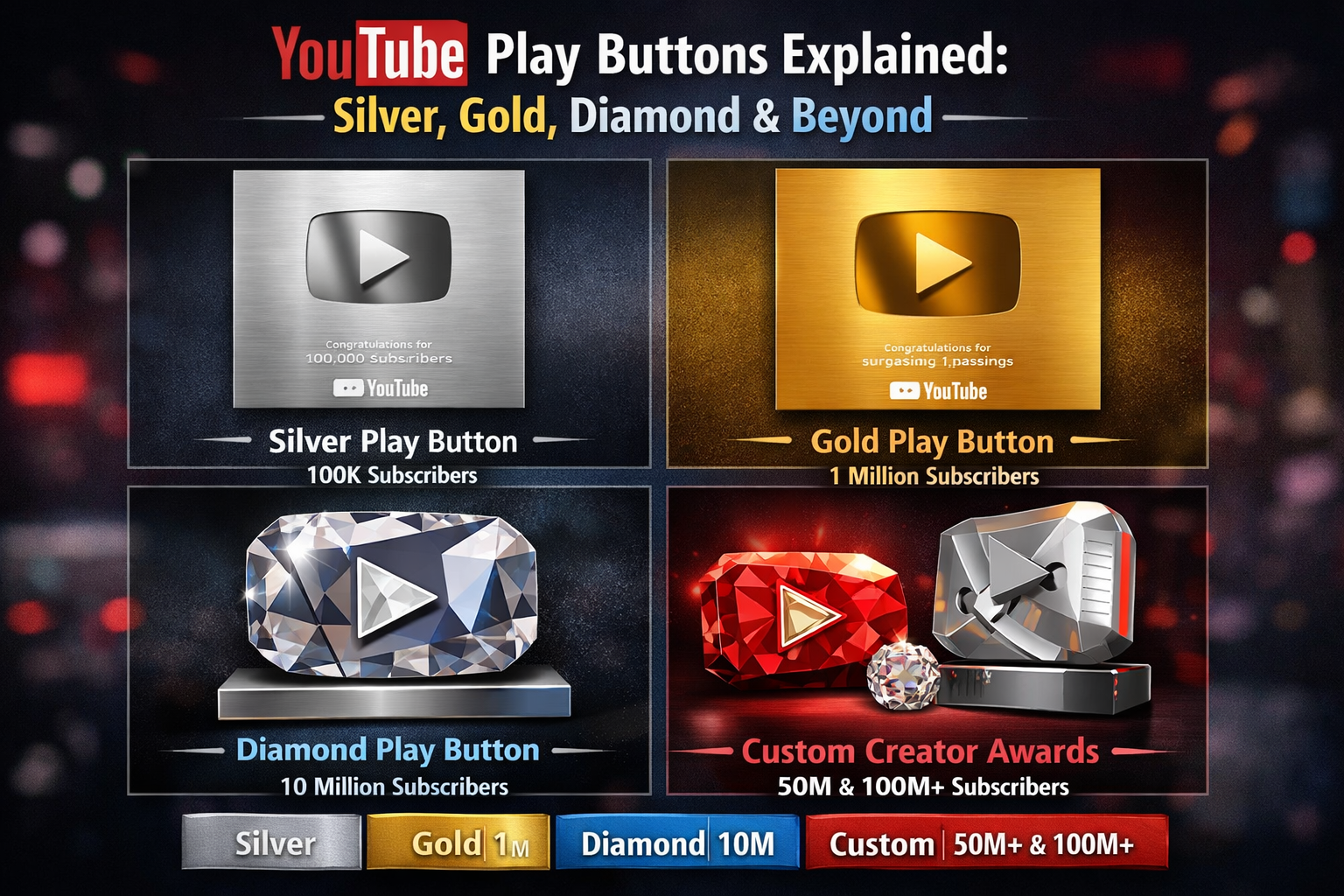With the new iPhone costing $1100 (iPhone XS, 64GB), purchasing a smartphone has turned in to one of the most significant financial decisions you’ll make. And that’s just the hardware. To the price of that, users have to add the cost of a cell phone plan.
With the average user spending around 2.5 hours per day on their device, it’s a decision you are going to want to get right. They used to say have a good pair of shoes and a good mattress because if you’re not in one, you’re on the other. To that guidance, we now need to add consideration of a quality smartphone.
The first question to ask yourself is, which do you want – an Android or an Apple phone. Between them, as you will see from the chart above, they make up nearly 95% of the market.
Below, we will cover some of the lesser-known facts and key trends around this decision and give you some critical information on the strengths of each operating system, so you can pick the best phone for you.
Pros of picking up an Android phone
Android is cellular phone software produced by Google and used by most of the major handset providers apart from Apple – including Samsung, LG, Huawei, HTC and many, many more.
– Android phones tend to be cheaper: Android devices are often cheaper than iPhones and they can sometimes be a lot cheaper. Forbes reported that the average purchase price for an iPhone is $687 – compared to $247 for an Android device. If you’re on a budget, Android is probably your best decision.
Below – Average SmartPhone Purchase Prices Are Rising
– There is more variety in the number and type of Android handsets which are available: Since Android devices are made by multiple handset hardware companies, the number of options available to you is substantial. NetApp estimates that there are a total of 24,000 different varieties of Android phone available for purchase around the world. Compare that to the range of around a dozen Apple iPhones. To some, the variety can be overwhelming. On the other hand, shopping around among the Android family gives you the option of getting exactly the screen, size, weight, camera and battery size you want.
– Android phones use less cellular data: In research conducted by my website, WhatPhone which offers information on the best prepaid plans, we established that Android users get through much less mobile data than iPhones. This lowers the total cost of ownership for your device.
– Easier to personalize: The Android mobile operating system is designed to be flexible and configurable. It’s what’s called ‘Open Source’ software, which means phone manufacturers can take it and adapt it the way they want to. The result is a myriad of software components that more technical users can tie together exactly how they please. Want to swap the keyboard out for a different sort? No problem? Want to download a different media player – that’s fine, there are hundreds in the Google Play store. Androids tend to be a little harder to use initially because of this configurability but users love it when they can get their devices purring in exactly the way they want to.
Pros of Apple iPhones
Apple integrates the hardware they build, and the software they write, to run on the phones they make. That gives them an advantage on some of the key aspects of use. For example:
– iPhones are easy to use, quick to learn: Apple iPhones are designed to be easy to pick up and use. Most people describe the process of learning how to get their smartphone to do what they want it to, to be much easier on an iPhone than Android equivalents. This means iPhones appeal to people who care less about technology, and more about using their phone to listen to music, surf the web, take pictures and do all the other things we rely on smartphones for these days.
– An AI future: It’s no exaggeration to say Apple are building their entire roadmap around Artificial Intelligence (AI), including specific processors (called ‘Bionic’ chips) designed to efficiently execute Artificial Intelligence tasks on the handset. In time, this is likely to improve the performance of iPhones over and above Android devices. AI is far more than an industry buzzword – it’s used to automatically personalize the way your phone works making them easier and more intuitive than iPhones are now.
– Less vulnerable to hacking: Because Apple controls both the hardware and software on their phones, they can ‘lock’ their devices down and make it much, much harder for criminals to access and exploit the information you keep on your device. That’s an important point, given that most people perform a multitude of intimate tasks on their smartphones, from banking to communicating with loved ones.
– iPhones are the most prestigious type of phone: iPhones are unusual products. They’re what’s called by Economists a ‘luxury good’ – the more they cost, the more people want them! If the brand association is a factor for you – and it is for most people, then Apple iPhones are the product with the most cache.
Most iPhone users stay with Apple products when they’ve had one, rather than moving to a rival provider such as, say, Samsung. In the industry, this is called a ‘retention rate’ and iPhones have a notably higher ‘tenure’ than any other manufacturer. To users, this is a good thing and a bad thing. It means they’re liking the ecosystem but it also means they’re vulnerable to rising costs as iPhones become ever more expensive.
Summing up the best decision for you
Much like cars, there really are no bad choices these days when it comes to picking a phone. Whichever you buy, Android or iPhone, you’ll be getting much of the same functionality. Despite what pundit tell you, there is far more commonality between the platforms than there is different.
Buying a phone is a statement of personality and, to a degree, indicates what you can afford.
Whichever you get, try and avoid signing a contract if you can. Cellular data usage is rising at a rate of between 50% and 70% per year. Whatever you’re using now, you’ll be using up to twice that much in a couple of years – the tenure of most phone contracts. Being tied in can expose you to ‘overage’ data charges and bigger phone bills.
The smartest smartphone spends (those which give you the most ‘bang for your buck’ are below $500. These typically Android devices and they’ll give you 80% or more of the functionality you’ll get if you spend more than twice that much on the latest iPhone.
Pick Your Next Cell Phone












2 thoughts on “How To Pick Your Next Cell Phone”
Comments are closed.